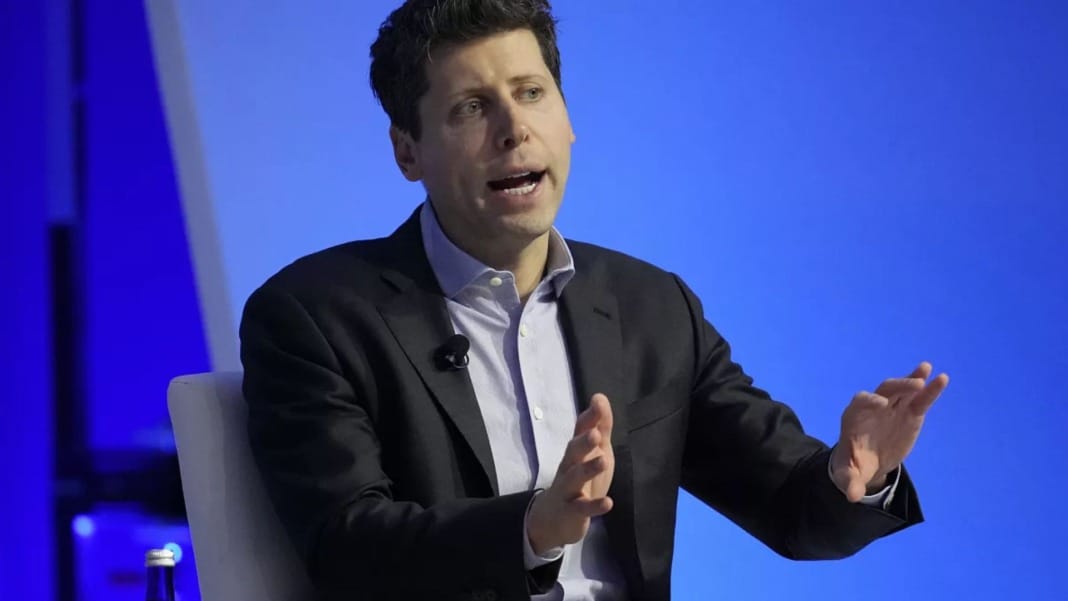OpenAI has revealed its intention to shift towards becoming a for-profit company. The announcement was made in a blog post published on Friday, where the board outlined the company’s plans to restructure. Under the new model, control will be handed over to OpenAI’s for-profit arm, while the nonprofit division will continue to operate separately with a distinct mission.
OpenAI’s transition to a Public Benefit Corporation
Starting in 2025, OpenAI aims to transition into a Public Benefit Corporation (PBC). This type of company is designed to serve a public good while operating for profit. The for-profit arm will oversee the company’s operations and business activities, while OpenAI’s nonprofit will maintain a minority stake but no longer have control over the company’s direction. The nonprofit arm will focus on charitable initiatives, including healthcare, education, and scientific research projects.
According to the board, this new structure will enable OpenAI to secure the necessary capital to develop artificial general intelligence (AGI). At the same time, it will allow the nonprofit to grow into “one of the best-resourced nonprofits in history,” the company said.
The shift is a significant step for OpenAI, especially as it looks to compete with other AI firms like Anthropic and xAI, which also operate as Public Benefit Corporations.
The drive for investment
The decision to become a for-profit company comes after months of speculation about OpenAI’s financial needs. The company has faced growing pressure to attract investors and secure funding to support its data-intensive AI models. According to reports from September, OpenAI’s CEO Sam Altman was rumoured to receive around 7 per cent of the equity in the company. Although Altman denied these claims, the company’s board acknowledged that it now requires significant investment to continue its mission.
“The hundreds of billions of dollars major companies are investing in AI development show what it will take for OpenAI to pursue its mission,” the board wrote in the post. “We once again need to raise more capital than we’d imagined. Investors want to back us but, at this scale, need conventional equity and less structural complexity.”
Possible opposition to the transition
Despite OpenAI’s plan, the company could face resistance from some high-profile figures. Last month, Elon Musk filed a motion to prevent OpenAI from becoming a for-profit company. Similarly, Meta’s CEO, Mark Zuckerberg, has urged California’s Attorney General, Rob Bonta, to intervene and block the transition.
OpenAI’s shift to a for-profit model could be pivotal in the company’s journey. Still, it also raises questions about its future direction and the balance between its social mission and financial goals. As it moves forward with its plans, the world will be watching closely to see how OpenAI navigates this major change in structure.





